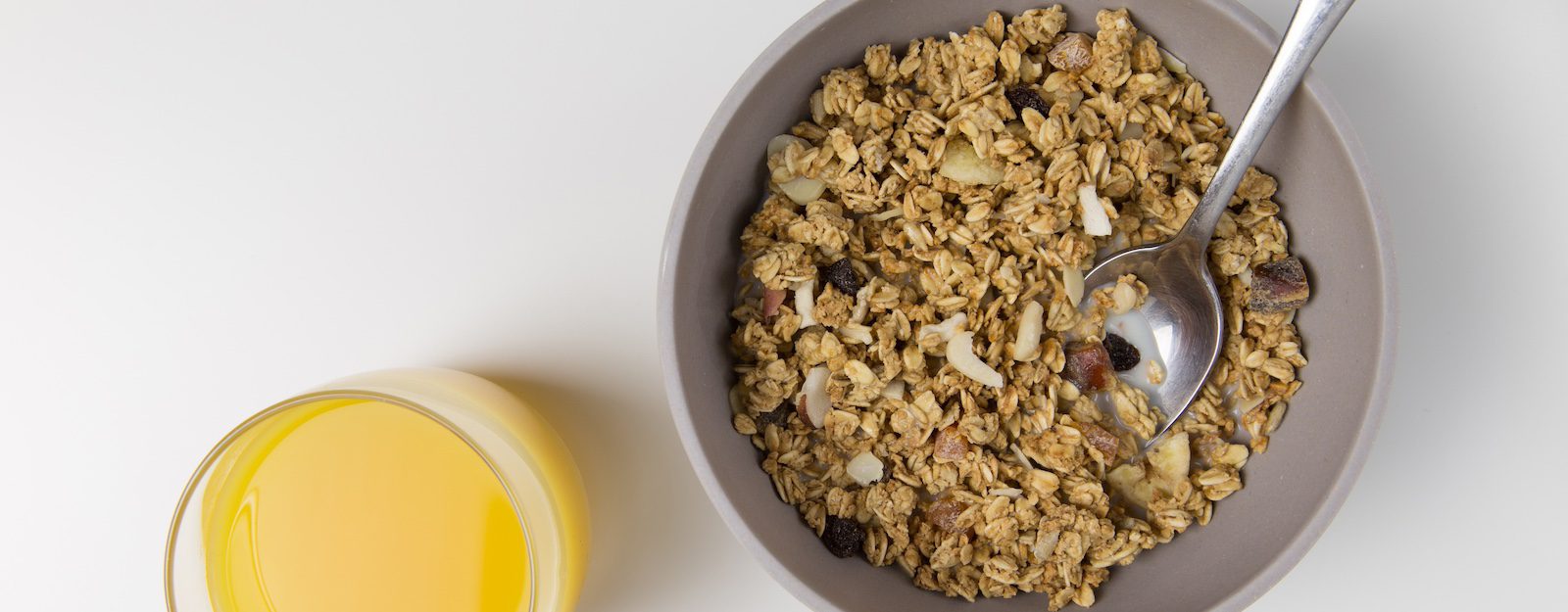What is fiber?
Dietary fiber is a nondigestible material found only in plants that offers important health benefits, like reducing inflammation, lowering cholesterol, and helping with bowel regularity. Fiber is found in whole, plant-based foods, including vegetables, fruits, whole grains, legumes, nuts, and seeds. When you eat packaged foods, you’ll find the grams of fiber per serving listed on the Nutrition Facts labels. Throughout the day your meals and snacks will provide various amounts of fiber that add up to your total daily fiber intake.
How much fiber do I need?
The recommended total daily daily fiber intake is 21-25 grams for women and 30-38 grams for men. However, many lifestyle medicine practitioners recommend as much as 40-50 grams of fiber a day for both men and women.
Why is more fiber better?
Fiber has beneficial effects at higher doses. In fact, every 10 grams of fiber consumed reduces death risk by 10 percent. Fiber is filling and delays the return of hunger. It supports weight control and helps reduce the risk of developing constipation and diverticular disease as well as heart disease and diabetes.
What are the two types of fiber?
There are two different types of fiber – soluble and insoluble – and both have positive effects on your health. Soluble fiber absorbs water to form a gel-like consistency. Soluble fiber slows the rate at which food moves through your digestive tract. This slows the absorption of sugar from your digestive tract into your bloodstream, which prevents blood sugar spikes. Soluble fiber also helps reduce blood pressure and cholesterol and supports a healthy gut microbiome, the community of microorganisms that live in the human gut. Insoluble fiber does not absorb water. It adds bulk to your stool, promotes regular bowel movements, and supports overall gut health.
Can I get too much fiber?
A high-fiber diet may need to be avoided if gut inflammation has caused the digestive tract to become narrowed, blocked, or particularly irritated. This can occur during an acute diverticulitis or IBD flare-up. In addition, too much fiber in supplement form (70+ grams per day) can interfere with the body’s ability to absorb essential nutrients, which can lead to deficiencies. Fiber supplements can also decrease the absorption of certain medications, such as aspirin.
For more information check out Fiber and its Role in Preventing Chronic Conditions.

